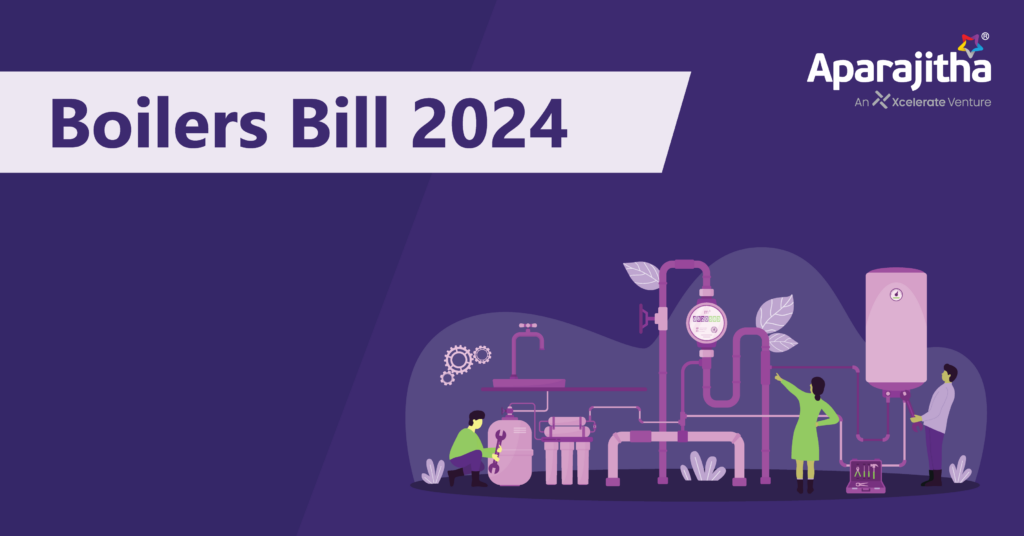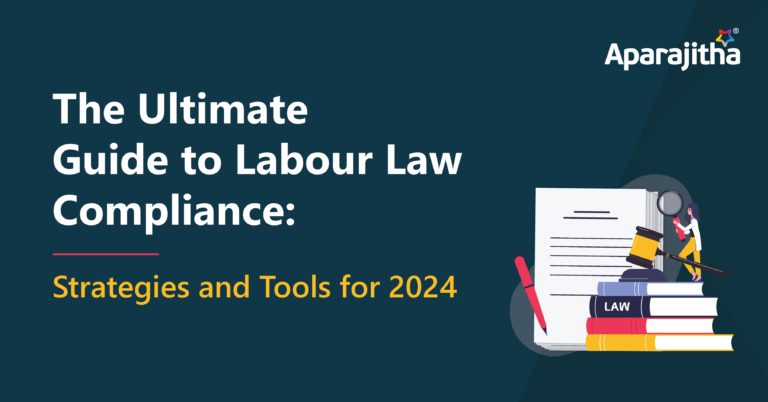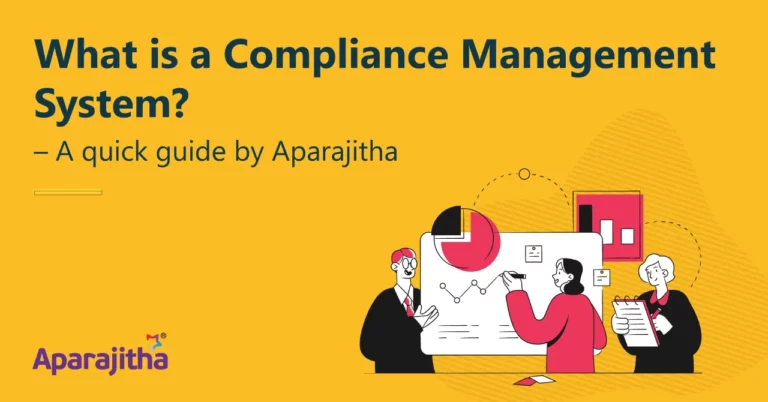Introduction
On 4th November 2024, the Rajya Sabha approved the Boilers Bill, 2024 (“Bill”), which is set to replace the Boilers Act, 1923 (“Act”), a law that has been in force for over a century. A comprehensive amendment to the Act was made in 2007, introducing inspection and certification by independent third parties, ever since then the Act has remained the same. The Government of India (“Government”) has initiated a comprehensive review of pre-Constitutional Acts to evaluate their relevance in the modern context. In furtherance of that, the Government aims to eliminate redundant and obsolete provisions in the Act, while incorporating substantive provisions to enable the framing of Rules and Regulations, which were previously lacking. These changes are intended to enhance the clarity and comprehensibility of the provisions of the Act.
The Boilers Act, 1923
The Act was enacted with the objective to prevent loss of life and property caused by boiler explosions and, ensuring uniformity in the registration and inspection processes during the operation and maintenance of boilers. It imposes various duties on manufacturers, owners, and other individuals involved with a boiler, such as welders and repairmen.
The Act prohibits the use of a boiler unless the owner obtains a certificate of registration. It prescribes rigorous inspection mandates at multiple stages of a manufacturing of a boiler, such as during its erection at the premises by the owner and during its manufacturing by the manufacturer. Additionally, the Act requires boiler owners to report any accidents involving the boiler within 24 hours. The Act also contains numerous other provisions regulating the manufacture and use of boilers.
There are multiple offences under the Act that attracts fines ranging from INR 5,000 to a maximum of INR 1,00,000, certain offences under the Act also attract imprisonment for a period of upto two years.
The Boilers Bill 2024
The Bill has been drafted in accordance with modern drafting practices to provide greater clarity and understanding of its provisions. It comprises six chapters where the provisions are systematically organized, unlike the Act, where similar provisions were scattered throughout, leading to a lack of clarity. The Ministry of Commerce and Industry, in a press release, stated that in furtherance of Ease of Doing Business (EODB) the Bill will benefit boiler users, including those in the MSME sector. EODB is facilitated through the decriminalisation of certain provisions in the Bill. Three out of seven offences with criminal punishment has been decriminalised, namely.
- Provisions under the Boilers Act:
Section 24 (a) – The use of a boiler which has been transferred from one state to another, without such transfer being reported
Section 24 (b) – Failure to mark the register number allotted to the Boiler
Section 24 (d) – Failure to report an accident to a boiler or steam pipe
All the aforementioned provisions have been restructured in a manner that it only imposes monetary penalties. Section 24(a) of the Act has been incorporated as Section 27(iv) of the Bill, classified as a minor penalty, while Sections 24(b) and (d) have been incorporated as Sections 28(b) and (c), respectively, attracting only fines. The remaining four offences, which carry criminal penalties (ie) imprisonment), have been retained, considering that these offences could result in loss of life and property. Additionally, the term “fine” has been replaced with “penalty” which will now be levied through executive mechanism rather than by courts.
Section 1(2), which dealt with the applicability of the Act to the whole of India, along with Section 2A (applicability of the Act to feed-pipes) and Section 2B (applicability of the Act to Economisers), has been omitted on the grounds that these were obsolete and redundant provisions. The Bill has newly incorporated definitions for “notification” under Section 2(k), “regulation” under Section 2(p), and “State Government” under Section 2(q). Additionally, the definitions of “Boiler Component,” “Competent Authority,” and “Inspecting Authority” under Sections 2(d), (f), and (j) have been amended to align with contemporary requirements.
The Bill has also introduced provisions to enhance the safety of individuals working with boilers. Section 10(f) of the Bill states: “No person shall repair or cause to be repaired a boiler or boiler components unless the safety of persons working inside the boiler is ensured by taking such measures as may be specified by regulations.” This provision addresses the hazards faced by workers inside boilers. Furthermore, Section 10(2) ensures that boiler repairs are undertaken only by qualified and competent individuals.
Conclusion
While the core principles of safety, maintenance, and regular inspections remain unchanged in the Bill, it integrates contemporary requirements to align with the goals of Ease of Doing Business (EODB) and enhanced safety standards. The structured organization of provisions, decriminalization of minor offences, and emphasis on worker safety reflect a progressive approach by the Government.







